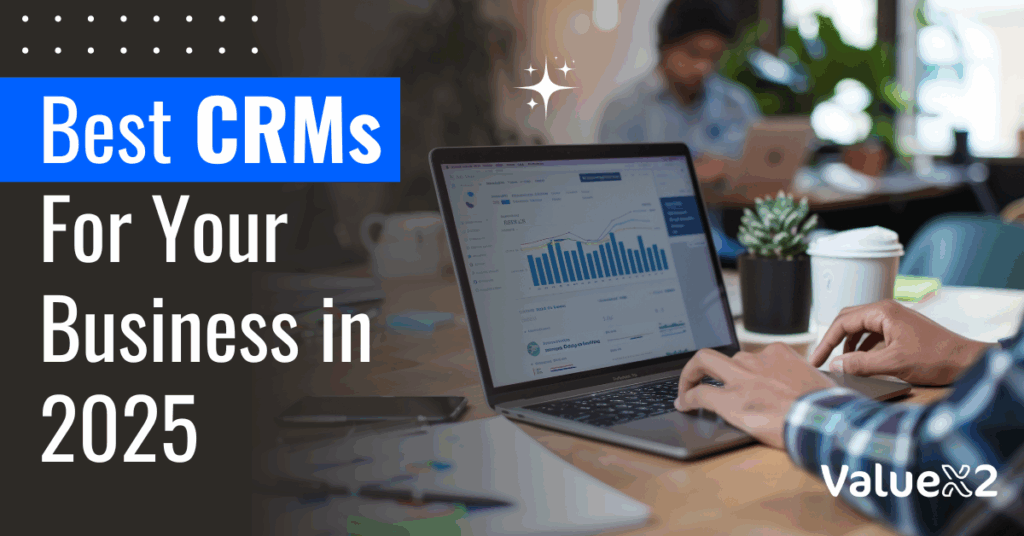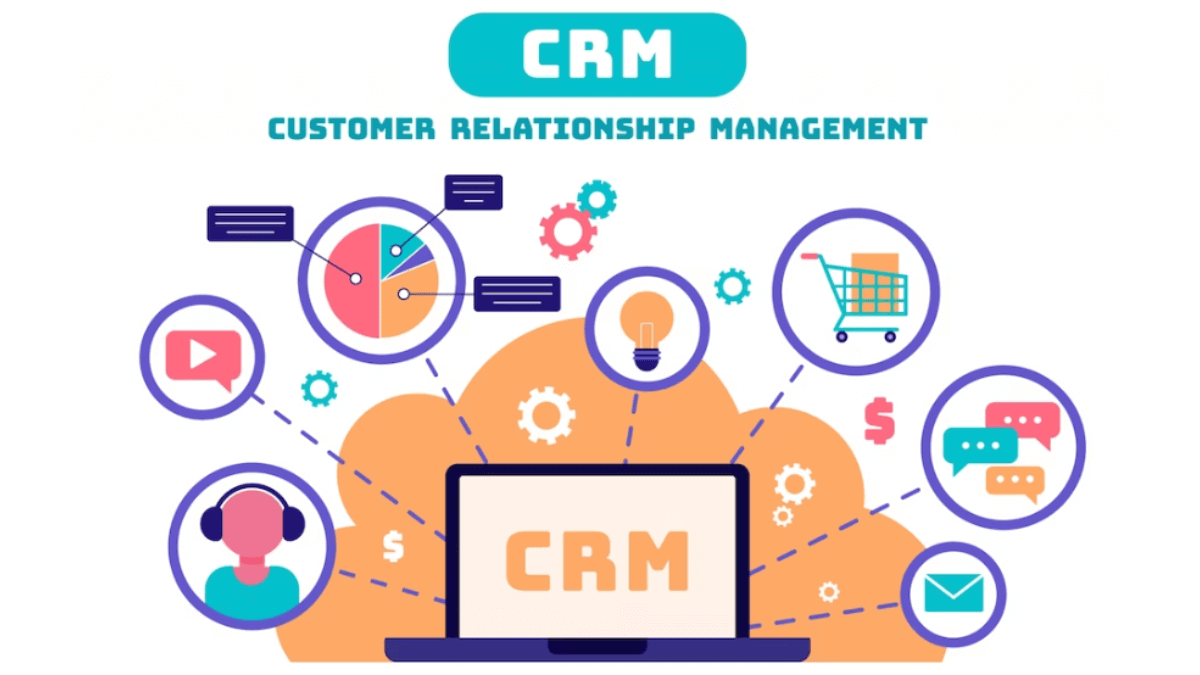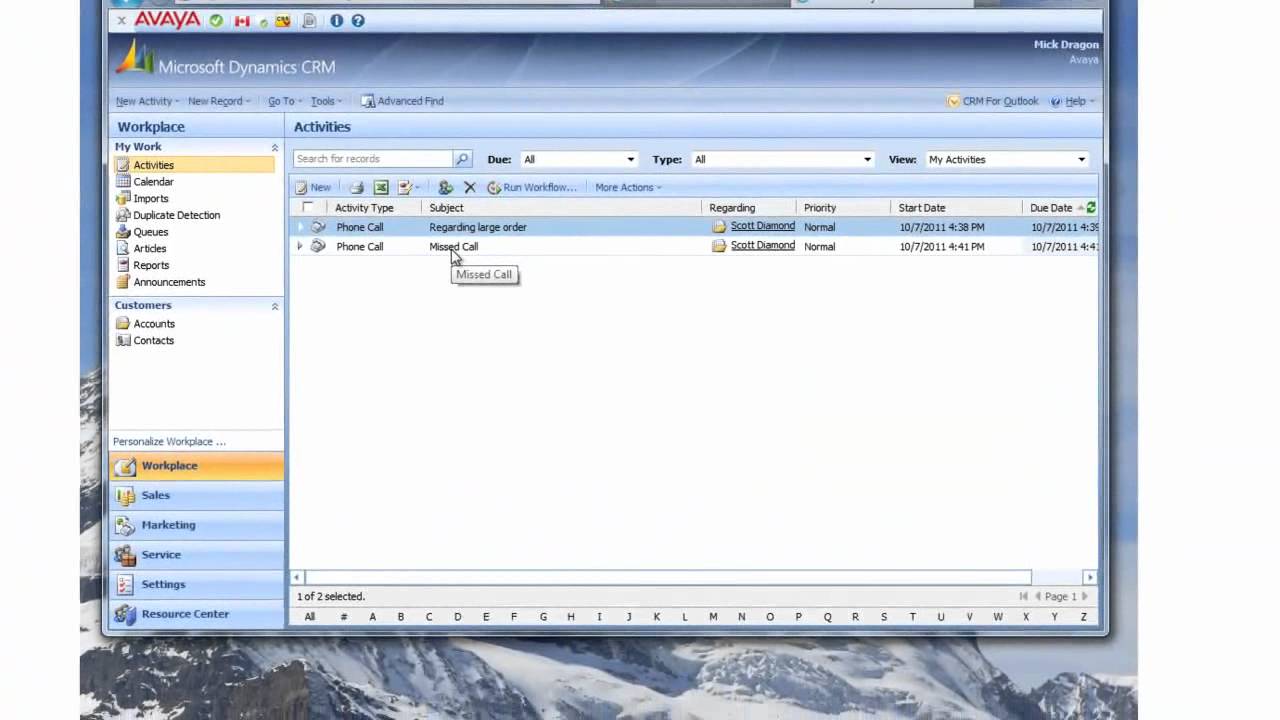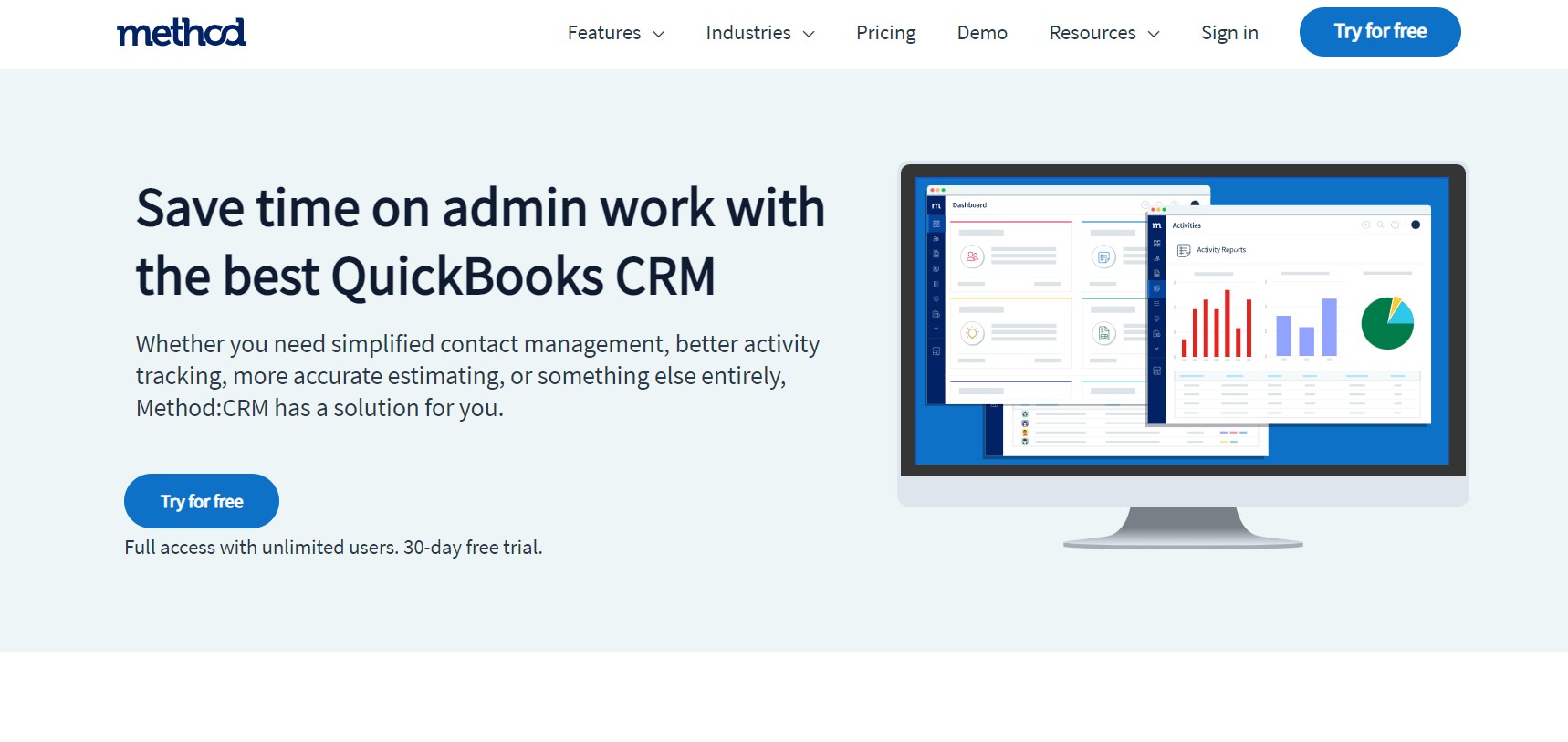Small Business CRM Security in 2025: Protecting Your Data in a Changing Landscape

Small Business CRM Security in 2025: A Comprehensive Guide
The world of small business is constantly evolving, and with it, the threats to your valuable data. Customer Relationship Management (CRM) systems are the lifeblood of many small businesses, holding sensitive information about clients, sales, and operations. As we approach 2025, the landscape of CRM security is becoming increasingly complex, demanding a proactive and informed approach. This comprehensive guide will delve into the critical aspects of small business CRM security in 2025, equipping you with the knowledge and strategies to safeguard your data and ensure business continuity.
Understanding the Evolving Threat Landscape
The digital world is a dynamic environment, and the threats to your CRM data are constantly changing. Understanding these evolving threats is the first step in securing your business. Here’s a look at the key challenges:
- Increased Sophistication of Cyberattacks: Cybercriminals are becoming more sophisticated, employing advanced techniques such as phishing, ransomware, and social engineering to infiltrate systems and steal data. They’re not just after big corporations anymore; small businesses are often easier targets.
- Rise of Remote Work: The shift to remote work has expanded the attack surface. Employees accessing CRM data from home networks or public Wi-Fi hotspots introduce vulnerabilities that attackers can exploit.
- Data Privacy Regulations: Regulations like GDPR, CCPA, and others are putting more pressure on businesses to protect customer data. Non-compliance can lead to hefty fines and reputational damage.
- Cloud-Based CRM Vulnerabilities: While cloud-based CRM systems offer many benefits, they also come with their own set of security concerns. Data breaches in the cloud can have devastating consequences.
- Insider Threats: Not all threats come from outside. Disgruntled employees or unintentional mistakes by staff can also compromise data security.
Key Security Considerations for Your Small Business CRM
Securing your CRM system requires a multi-layered approach. Here are the key considerations to prioritize:
1. Data Encryption
Encryption is the process of converting data into an unreadable format, making it useless to unauthorized individuals. It’s a fundamental security measure for protecting sensitive information.
- At Rest Encryption: Ensure that your CRM data is encrypted while stored on servers, databases, and storage devices.
- In Transit Encryption: Use secure protocols like HTTPS to encrypt data as it travels between your employees’ devices and the CRM system.
- End-to-End Encryption (if possible): Consider end-to-end encryption for sensitive communications within your CRM, such as email and chat.
2. Access Controls and Permissions
Restrict access to your CRM data based on the principle of least privilege. Employees should only have access to the information they absolutely need to perform their job.
- Role-Based Access Control (RBAC): Implement RBAC to assign permissions based on job roles.
- Regular Audits: Conduct regular audits of user permissions to ensure they are still appropriate.
- Multi-Factor Authentication (MFA): Enforce MFA for all users to add an extra layer of security.
- Password Policies: Implement strong password policies, including minimum length, complexity requirements, and regular password changes.
3. Data Backup and Recovery
Regular data backups are essential for disaster recovery. In the event of a data breach, system failure, or natural disaster, you need a reliable way to restore your CRM data.
- Automated Backups: Automate your backup process to ensure data is regularly backed up.
- Offsite Storage: Store backups offsite, preferably in a secure, geographically diverse location.
- Regular Testing: Test your backup and recovery procedures regularly to ensure they work as expected.
- Data Retention Policies: Establish clear data retention policies to determine how long you need to keep your data.
4. Security Awareness Training
Your employees are your first line of defense against cyber threats. Provide regular security awareness training to educate them about common threats and best practices.
- Phishing Awareness: Train employees to recognize and avoid phishing emails and scams.
- Password Security: Educate them on creating strong passwords and protecting their credentials.
- Safe Browsing Practices: Teach them about safe browsing habits and the risks associated with downloading suspicious files.
- Social Engineering: Explain how social engineering attacks work and how to identify them.
- Regular Updates: Provide regular refreshers on security best practices to keep employees informed.
5. CRM System Security Features
Choose a CRM system that offers robust security features. Research the security measures offered by the CRM provider before making a decision.
- Data Encryption: Ensure the CRM system encrypts data at rest and in transit.
- Access Controls: Verify that the system offers robust access controls and permission management capabilities.
- Audit Trails: Look for detailed audit trails that track user activity and system changes.
- Regular Security Updates: The CRM provider should regularly update the system to address security vulnerabilities.
- Compliance Certifications: Check for certifications like SOC 2 to ensure the provider meets industry security standards.
6. Incident Response Plan
Develop a comprehensive incident response plan to handle security breaches or data incidents effectively. This plan should outline the steps to take in case of a security incident.
- Detection: Define procedures for detecting security incidents.
- Containment: Establish steps to contain the damage and prevent further data loss.
- Eradication: Outline the steps to remove the threat from your systems.
- Recovery: Detail the process for restoring your systems and data.
- Post-Incident Analysis: Conduct a post-incident analysis to identify the root cause of the incident and implement measures to prevent future incidents.
- Communication Plan: Develop a plan for communicating with affected parties, including customers, employees, and legal counsel.
7. Vulnerability Scanning and Penetration Testing
Regularly scan your CRM system for vulnerabilities and conduct penetration testing to identify weaknesses.
- Vulnerability Scans: Use vulnerability scanning tools to identify potential security flaws.
- Penetration Testing: Hire ethical hackers to simulate cyberattacks and identify vulnerabilities.
- Regular Assessments: Schedule vulnerability scans and penetration tests on a regular basis.
- Remediation: Address any vulnerabilities identified through scanning and testing promptly.
8. Compliance and Data Privacy
Ensure your CRM system complies with relevant data privacy regulations.
- GDPR, CCPA, and other regulations: Understand and comply with data privacy regulations applicable to your business.
- Data Minimization: Collect only the data necessary for your business operations.
- Data Subject Rights: Implement procedures to handle data subject requests, such as access requests and deletion requests.
- Privacy Policy: Maintain a clear and concise privacy policy that outlines how you collect, use, and protect customer data.
Choosing the Right CRM System for Security
The security of your CRM system starts with choosing the right platform. Consider these factors when selecting a CRM:
- Security Features: Evaluate the security features offered by the CRM provider, including encryption, access controls, audit trails, and security certifications.
- Reputation: Research the CRM provider’s reputation for security and data protection.
- Data Location: Understand where your data will be stored and the security measures in place at the data centers.
- Compliance: Ensure the CRM system complies with relevant data privacy regulations.
- Scalability: Choose a CRM system that can scale to meet your business’s growing needs.
- Integration: Consider how the CRM system integrates with other business applications.
- Vendor Security Practices: Inquire about the vendor’s security practices, including their incident response plan, vulnerability management, and employee training programs.
Specific CRM Security Challenges in 2025
As we move towards 2025, specific challenges and trends will shape the landscape of CRM security:
- AI-Powered Attacks: Cybercriminals are increasingly using artificial intelligence (AI) to automate and personalize their attacks. This includes using AI to create more convincing phishing emails and identify vulnerabilities more effectively.
- Supply Chain Attacks: Attacks targeting the software supply chain are becoming more common. This involves compromising third-party vendors or software components used by the CRM system.
- Zero-Trust Security: The zero-trust security model, which assumes no user or device is inherently trustworthy, will become increasingly important. This model requires continuous verification of identity and access.
- Increased Cloud Adoption: The shift to cloud-based CRM systems will continue, increasing the need for robust cloud security measures.
- Data Privacy Regulations: Data privacy regulations will continue to evolve, placing greater emphasis on data protection and user rights.
Best Practices for Small Businesses in 2025
To stay ahead of the curve, small businesses should embrace these best practices:
- Prioritize Security from the Start: Integrate security into your CRM implementation from the very beginning, rather than adding it as an afterthought.
- Automate Security Processes: Automate security tasks, such as vulnerability scanning and patching, to reduce the burden on your IT staff.
- Invest in Training: Provide regular security awareness training to employees to keep them informed about the latest threats.
- Stay Informed: Keep up-to-date on the latest security threats and trends.
- Seek Expert Advice: Consider consulting with a cybersecurity expert to assess your security posture and get guidance on best practices.
- Regularly Review and Update Policies: Regularly review and update your security policies and procedures to reflect changes in the threat landscape and business needs.
- Embrace Proactive Measures: Don’t just react to threats; be proactive in identifying and mitigating risks.
- Foster a Security-Conscious Culture: Create a culture of security awareness and responsibility within your organization.
The Future of CRM Security
The future of CRM security will be defined by several key trends:
- AI-Driven Security: AI will play a more significant role in threat detection, prevention, and response.
- Automation: Automation will be used to streamline security tasks and improve efficiency.
- Zero Trust Architecture: The zero-trust security model will become the standard for securing CRM systems.
- Data Privacy by Design: Data privacy will be integrated into the design of CRM systems from the beginning.
- Increased Collaboration: Businesses will collaborate more closely with security vendors and industry organizations to share threat intelligence and best practices.
Conclusion: Securing Your CRM for a Secure Future
Securing your small business CRM is not just about protecting data; it’s about protecting your business’s future. By understanding the evolving threat landscape, implementing robust security measures, and staying informed about the latest trends, you can safeguard your valuable customer data and ensure business continuity. Remember that cybersecurity is an ongoing process, not a one-time fix. By taking a proactive and vigilant approach, you can navigate the challenges of 2025 and beyond, building a resilient and secure CRM system that supports your business’s growth and success.




